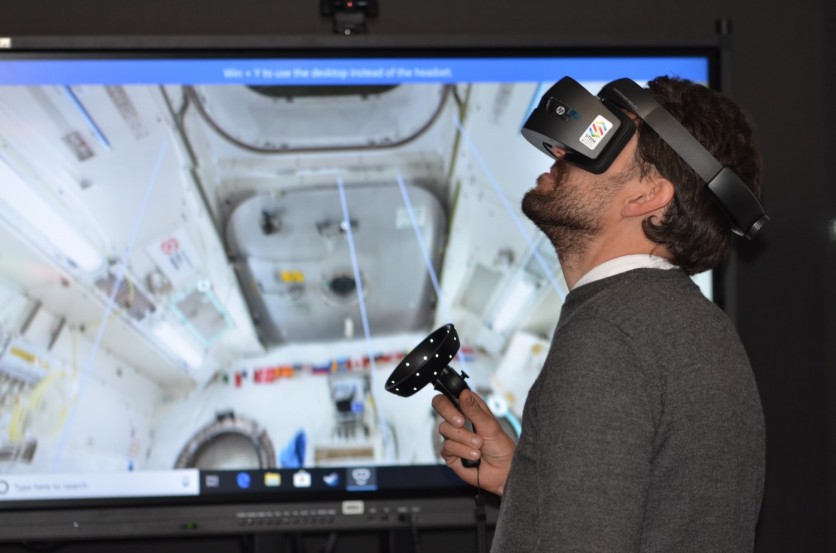
During the pandemic, virtual reality (VR) visits across cities and museums were the talk of the town. Some speculate that this trend may soon end as we return to the new normal. Still, experts believe virtual travel will continue, but only 'where it makes sense,' offering previews of locations and serving as an alternative for people unable to go.
VR Headsets and Virtual Tours
Long before the metaverse existed, the pandemic significantly impacted virtual experiences. When individuals find themselves bored at home, they may travel anywhere without moving an inch. The travel and leisure sector has taken note of this. Tech Times reported last year, 2021, how Google joined the trend with a virtual tour of the Great Wall of China.
But, now that we're no longer stuck at home will the buzz last? Experts believe so.
Armin Brysch, who studies new trends at Kempten University of Applied Sciences, and Tristan Horx, also do the same at the Zukunftsinstitut (future institute) in Frankfurt, Germany, address the future of virtual reality trips made possible by VR Headsets to South China Morning Post (SCMP).
"If you look at virtual travel, it quickly becomes clear that the industry is only just trying its hand at it. For example, the Tourism Authority of Madrid has begun offering a virtual experience to see the Spanish capital before an actual trip," SCMP wrote.
In the case of SCMP's example, the visitor must arrange a 30-minute appointment on its respective website, with the tour conducted through video phone calls using Zoom. Once linked, a tour guide electronically surfs across Madrid's streets, pausing at locations where the tourist has questions. Eventually, 360-degree photos surface, with the tour leader focusing on certain locations, such as the Royal Palace. The service delivers a valuable initial view of a place but is not a full virtual reality (VR) experience.
"The deeper the traveller is immersed in the world provided them, the more realistic the artificial experience is," says Brysch.
He also added that VR travel necessitates a computer-generated, virtual, three-dimensional world you view using VR headsets. All the intricacies involved with making one is necessary for the viewer to be entirely immersed in the virtual world. This is referred to as immersion by experts, and it necessitates high-resolution graphics and an engaging story.
Is VR Tour Going to Be Around?
According to a Bitkom poll, 21% of respondents aged 16 and up anticipate visiting foreign destinations using VR goggles in 2030 rather than traveling there traditionally. Although the proportion is larger among younger individuals, 15% of those over the age of 64 agree. Virtual reality headset manufacturers think that virtual tours have the potential to replace traditional travel. Brysch, on the other hand, believes that just because people want to see travel destinations in 3D doesn't imply their contentment.
This article is owned by Tech Times
Written by Thea Felicity
ⓒ 2026 TECHTIMES.com All rights reserved. Do not reproduce without permission.




